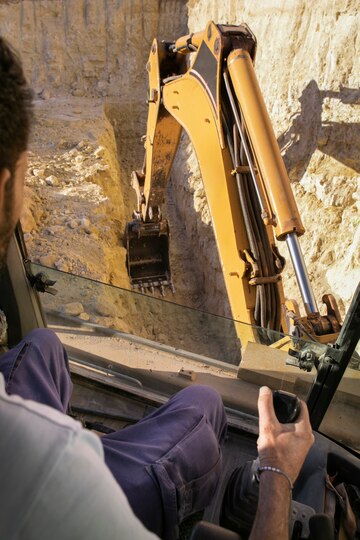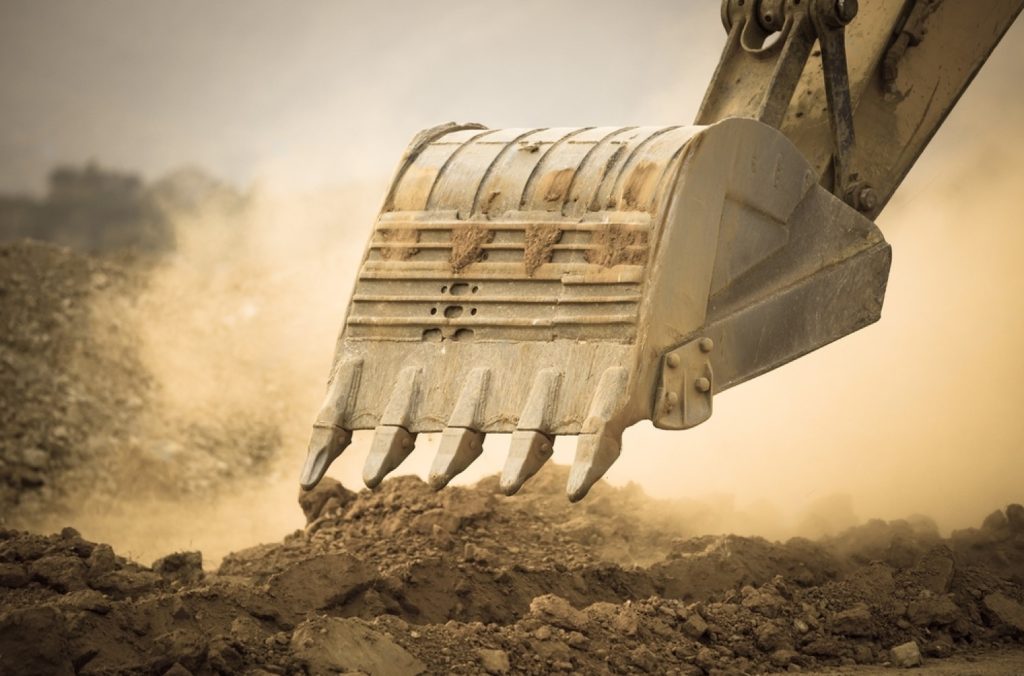In the world of excavation and construction, the toothpoint on your equipment is akin to the tip of the spear. It’s the part that bears the brunt of the work, coming into direct contact with the earth, rocks, and other materials. Prolonging the lifespan of your toothpoint is not only cost-effective but also essential for maintaining the efficiency of your equipment. In this blog, we’ll share five crucial maintenance tips to help you extend the life of your toothpoint.

1. Regular Inspections
The first step in maintaining your toothpoint is a regular inspection routine. Before and after each use, take a close look at the toothpoint for signs of wear and damage. Check for cracks, chips, or excessive blunting. Early detection of issues can help prevent further damage and costly repairs down the line.
2. Proper Cleaning
After every use, clean your toothpoint thoroughly. Remove any debris, soil, or rocks that may be stuck to it. Neglecting to clean your toothpoint can accelerate wear and reduce its efficiency. A wire brush or a pressure washer can be helpful tools for this task.
3. Sharpness Maintenance
A sharp toothpoint is not only more efficient but also less likely to sustain damage. Keep your toothpoint sharp by regularly sharpening it or having it professionally serviced. Dull toothpoints require more force to dig, increasing wear and tear on your equipment.
4. Hardfacing and Protective Coatings
Consider using hardfacing or protective coatings on your toothpoint. These coatings are designed to enhance wear resistance and extend the lifespan of the toothpoint. Hardfacing involves adding a layer of hard material to the toothpoint’s surface, which can significantly improve its durability.
5. Proper Storage
When your equipment is not in use, store it properly. Avoid leaving the toothpoint in contact with the ground, as this can lead to corrosion and accelerated wear. Ideally, store the equipment with the toothpoint off the ground on suitable supports.

Bonus Tip: Maintain Correct Operating Practices
While not a maintenance tip per se, proper operating practices can significantly affect the lifespan of your toothpoint. Avoid using excessive force, overloading, or prying with the toothpoint. These actions can cause premature wear and damage.
Conclusion
Your toothpoint is a vital component of your excavation equipment, and its maintenance is essential to ensure efficiency and cost-effectiveness. Regular inspections, proper cleaning, sharpening, and the use of protective coatings can go a long way in extending the life of your toothpoint. Additionally, storing your equipment correctly and following appropriate operating practices will further contribute to the longevity of your toothpoint. By following these maintenance tips, you can make the most of your equipment and reduce downtime and replacement costs.



